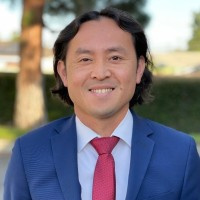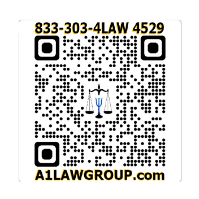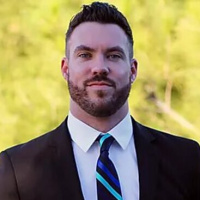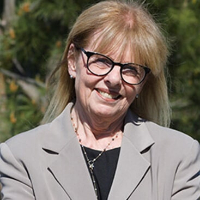Villa Park Criminal Lawyer, California
Sponsored Law Firm
-
 x
x

Click For More Info:
-
Nghi Lam, Attorney at Law
17111 Beach Blvd. Suite 212 Huntington Beach, CA 92647» view mapCriminal Defense Law Results-Oriented Legal Representation
We pride ourselves on being aggressive in the courtroom while also being responsive to our clients’ needs.
800-774-3671
George Steven Louis
✓ VERIFIEDCriminal, Estate, Divorce & Family Law, Trusts, Business
George Louis is a practicing lawyer in the state of California,
William P. Mullins
✓ VERIFIEDCriminal, Divorce & Family Law, Estate
William P. Mullins is a practicing lawyer in the state of California handling criminal, family and estate matters.
Patricia Ellen Parker
✓ VERIFIEDCriminal, Divorce & Family Law, Estate
Patricia Ellen Parker is a practicing lawyer in the state of California handling family law matters.
FREE CONSULTATION
CONTACTJeffrey D. Stearman
Alimony & Spousal Support, Animal Bite, Criminal, Child Support
Status: In Good Standing
FREE CONSULTATION
CONTACTFREE CONSULTATION
CONTACTScott Dicus
Divorce & Family Law, Bankruptcy & Debt, Criminal, Accident & Injury
Status: In Good Standing
FREE CONSULTATION
CONTACTFREE CONSULTATION
CONTACTAlisha C Frank
Lawsuit, Divorce & Family Law, Misdemeanor, Civil & Human Rights
Status: In Good Standing Licensed: 12 Years
FREE CONSULTATION
CONTACT Nghi Lam Huntington Beach, CA
Nghi Lam Huntington Beach, CA Practice AreasExpertise
Practice AreasExpertise



